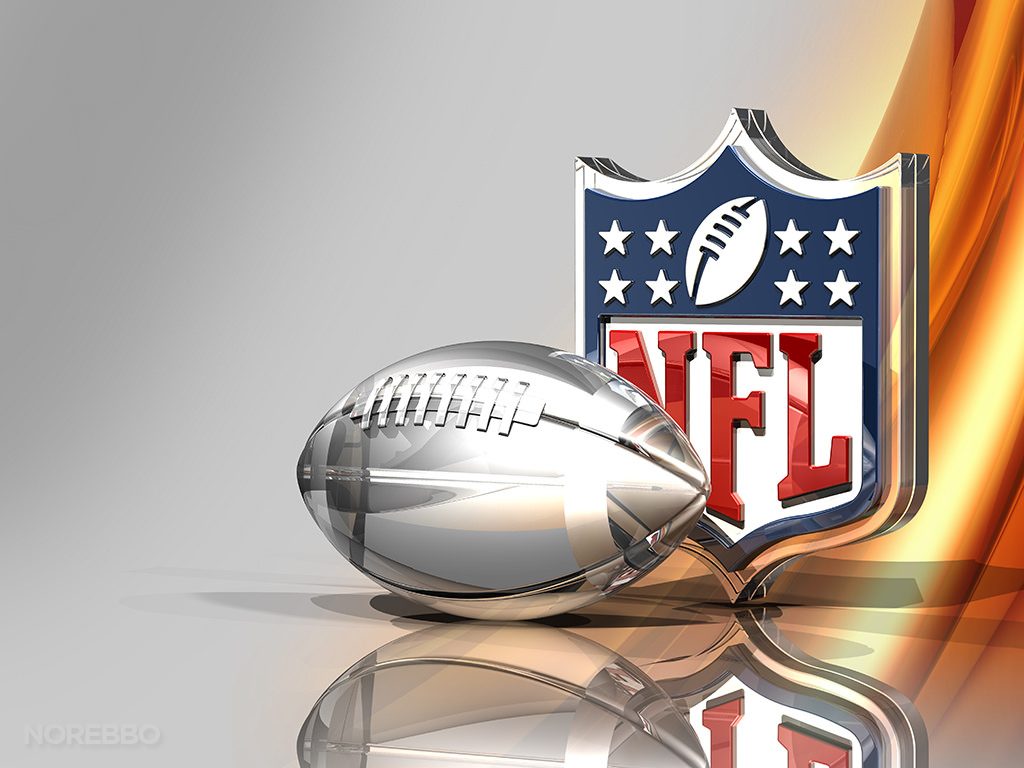Photo Credit by Flikr.com
By Bintia Drame
Taking a knee during the national anthem, the latest form of protest against injustice and police brutality, gained both support and backlash across the country in recent weeks. At York, students shared their thoughts on the topic.
The protest has gained national attention at sporting events such as NFL games. As the national anthem is sung, players take a knee, sit or lock arms. However, this practice has been criticized and called unpatriotic, disrespectful to the flag and the troops. The controversy erupted into a national conversation after President Donald Trump posted more than 20 tweets stating why he found it unacceptable. His first public comment came at a rally for Alabama Republican Senate Candidate Luther Strange, when Trump called for anyone kneeling to be fired.“Wouldn’t you love to see one of these NFL owners, when somebody disrespects our flag, to say ‘get that son of a b#$ch off the field right now,’” wrote Trump. “He’s fired!”
The current taking a knee protest continues to get gain momentum even stronger than when the former San Francisco 49ers player Colin Kaepernick first started it in 2016. In an article by Steve Wyche, an NFL Media reporter, Kaepernick explained his reason for taking a knee.
“I am not going to stand up to show pride in a flag for a country that oppresses black people and people of color,” Kaepernick told Wyche in an exclusive interview after the game. “To me, this is bigger than football and it would be selfish on my part to look the other way. There are bodies in the street and people getting paid leave and getting away with murder.”
Entwayne Christopher, a Marketing major in his senior year, spoke on his position on the current NFL protest and said, “If they are taking a knee for the right thing then I have no problem with it, Kaepernick originally took a knee for injustice, now it seems like it’s spinning out of control.”
Christopher went on to say, “It’s more of a statement for some unknown factor, other athletes are not bringing up what they are taking a knee for.”
The two vocal sides to this debate both have a firm stance on their beliefs. On one side, the demonstrating their lack of content with the American justice system and police brutality against African Americans falls within their First Amendment right.
Karina Lozano, a Physical Education major in her junior year, said that it should not be too complicated because this country was founded on people’s right to exercise their constitutional rights.
“We live here, there’s freedom of speech,” said Lozano. “They are entitled to have that. It’s just that simple. I don’t think it’s anything malicious, if they believe in something, they should stand by it.”
On the other hand, critics argue that it is disrespectful to the flag and to the soldiers who lost their lives.
John Searantos majoring in Accounting in his second year said that everyone has the right to do what they believe is best. However, for him when it comes to the flag and what it represents, people should think twice before they choose to kneel down or protest it in any form.“Whenever anyone decides to do one thing or the other, they really have to think about ‘I know I have the right to do it, but is it respectful?’” said Searantos. “I have a lot of friends in the military, so for me, this is a shady area when it comes to such a deep topic.”
Protesting at games did not start now, nor did it start with Kaepernick. African American Olympians Tommie Smith and John Carlos raised their fists to protest during their medal ceremony in the Olympic stadium in Mexico City in 1968. Although players have been warned against kneeling during the national anthem, they still continue to show some form of protest.
Despite pressure from Trump, NFL Commissioner Roger Goodell announced that football players will not face sanctions from the league for exercising their free speech rights, but advertisers continue to pull ads from football games and attendance has gone down at games across the country.
On Oct. 15 lawyers for Kaepernick announced that they had filed a grievance on his behalf contending that he was not picked up by any teams this season in retaliation for his activism.
Most recently on Oct. 20, players for the New York Nets locked arms before their home opener while Brooklyn native Justine Skye sang the National Anthem, then took a knee herself as she sang the closing stanzas.


